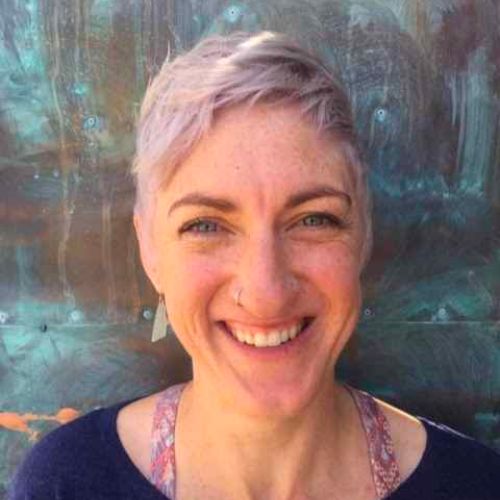Frequently Asked Questions
What is the difference between a psychologist and a counsellor?
A psychologist is a licensed mental health professional who has completed extensive education and training, often holding a doctoral degree, and can diagnose and treat a wide range of mental health conditions using various therapeutic approaches. In contrast, a counsellor typically has a bachelor’s or master’s degree in counselling or a related field and focuses on providing guidance, support, and talk therapy to help individuals manage life challenges and improve their mental well-being without diagnosing or treating complex mental health disorders.
How do I know if I need a counsellor?
Consider seeking a counsellor if you are experiencing emotional or psychological distress, facing challenging life situations, or struggling with interpersonal relationships, and these difficulties are affecting your daily life, well-being, or ability to function effectively. A counsellor can help provide guidance, support, and coping strategies to address these issues and improve your mental and emotional health.
Are counsellors covered by Medicare?
In Australia, some counsellors may be eligible for Medicare rebates if they are registered as mental health professionals and meet specific criteria. However, this varies depending on the counsellor’s qualifications and the nature of their services, and it’s important to consult with a healthcare provider or counsellor to determine your eligibility for Medicare rebates.
How much does counselling cost?
With Blys you can book a counselling session from $119.
How can I get free counselling in NSW?
In New South Wales (NSW), Australia, you can access free or low-cost counselling through various avenues. The NSW Health system provides public mental health services, and you can reach out to your local Community Mental Health Service for assistance. Headspace centres, designed for individuals aged 12-25, offer free or affordable counselling in various NSW locations. Additionally, you can utilise mental health hotlines like Lifeline and Beyond Blue for immediate support. Non-profit organisations, university training clinics, and employee assistance programs may also offer reduced or no-cost counselling services. Online platforms like BetterHelp and local government/community services can be valuable resources, and those with private health insurance should check if it covers mental health services. Furthermore, some individuals may qualify for subsidised counselling through Medicare with a referral from a GP. When seeking counselling services, consider these options, and research eligibility criteria and availability to find the best fit for your needs and circumstances.






























